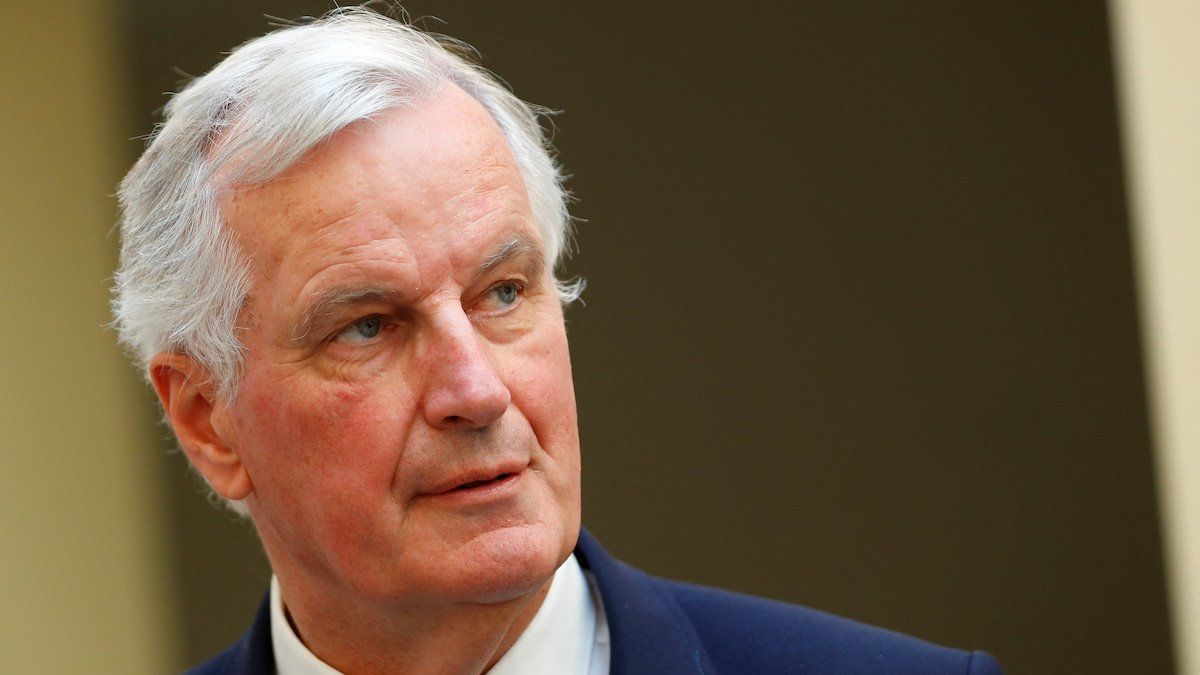A droite, s’il vous plaît! Three months after France’s snap election produced a hung parliament, President Emmanuel Macronfinally unveiled a new government with a distinct rightward tilt.
Led by conservative Prime Minister Michel Barnier, the new 39-member cabinet includes ten key figures from the establishment center-right Republican Party, including staunch conservative Bruno Retailleau as interior minister, overseeing immigration. Macron loyalist Sébastien Lecornu will remain defense minister, while Antoine Armand, a low-profile member of Macron’s centrist alliance, took finance.
The only left-winger in the cabinet is independent Didier Migaud, the new justice minister.
Given that the leftwing New Popular Front alliance won the most seats, Macron’s choices put the government on thin ice.
Far-left leader Jean-Luc Mélenchon dubbed it"a government of the general election losers" and the New Popular Front has threatened a no-confidence motion. That could come as early as October, when Barniermust submit the government’s 2025 budget plan.
Barnier may need to draw support from rightwing parties, including Marine Le Pen’s National Rally. But that’s dicey too. Although National Rally has no government portfolios, it has enough votes to bring it down if it works with the left wing. Cooperating with archrivals might prove too high a hurdle, but we’re watching how Barnie navigates the dangerous waters.